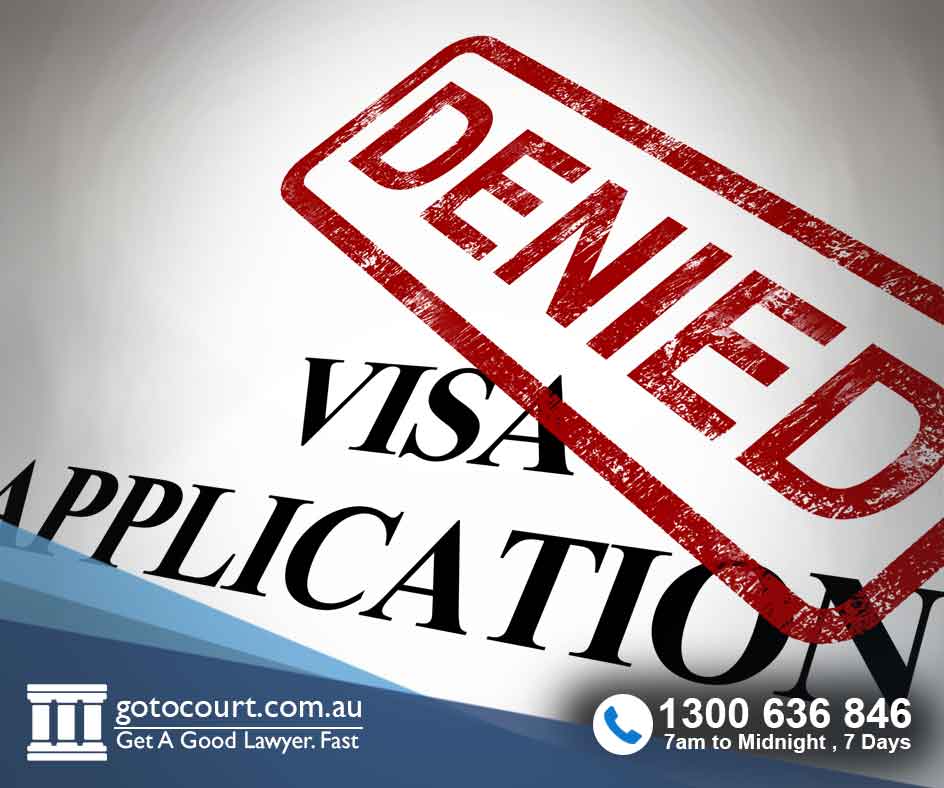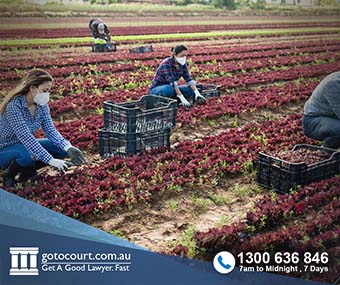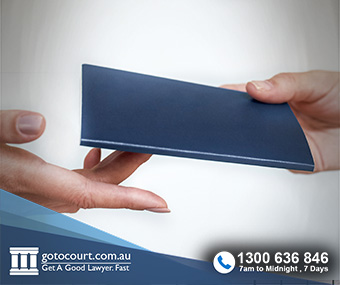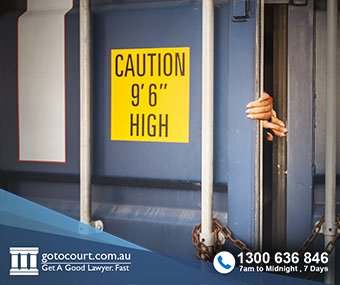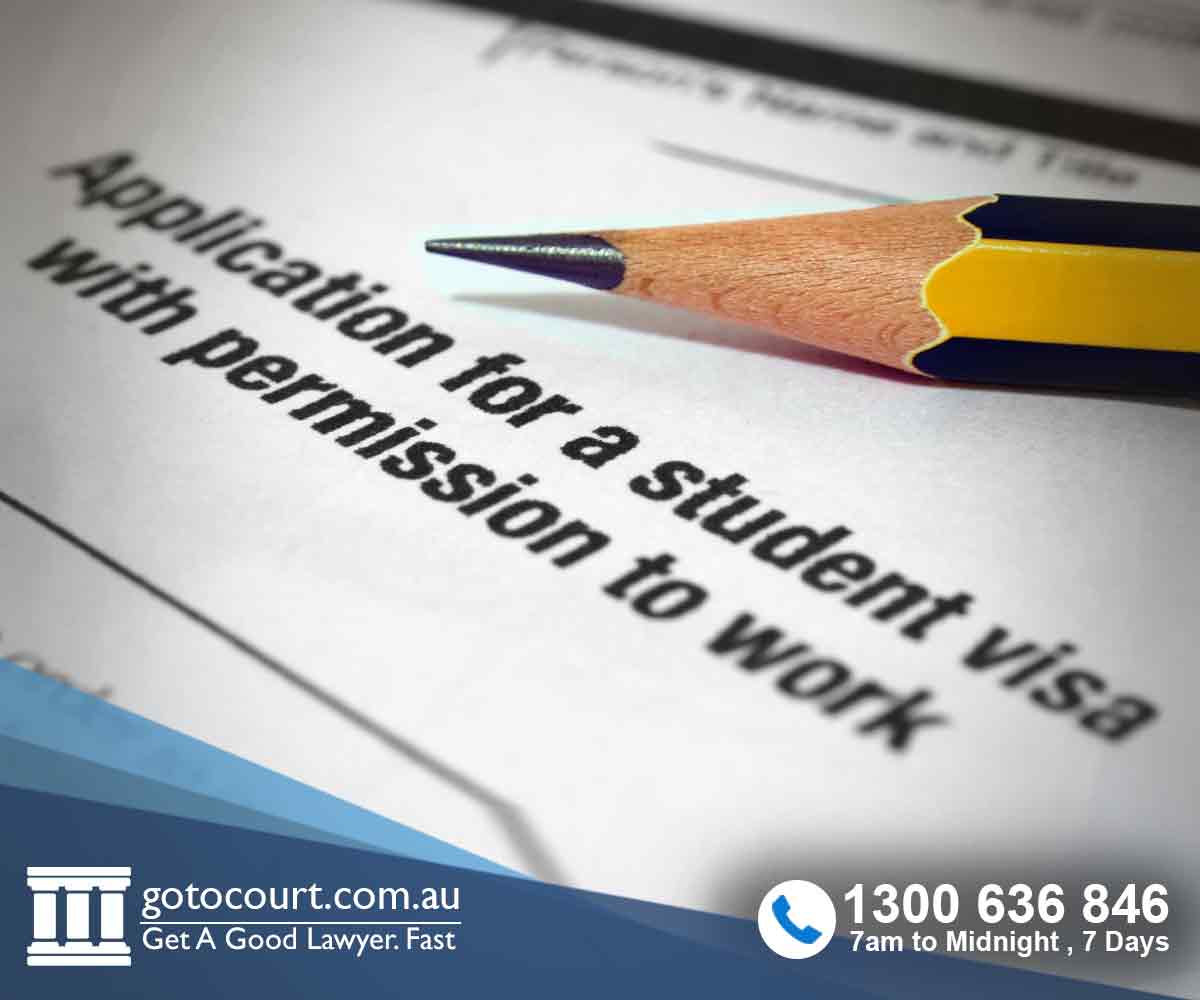Thoms & Love v Commonwealth: Aboriginal Non-Citizens
Thoms & Love v Commonwealth: Aboriginal Non-Citizens
On 11 February 2020, the High Court delivered its much-anticipated judgement in the matter of Love & Thoms v Commonwealth. The court ruled in a majority judgment that the Commonwealth does not have the power to deal with Aboriginal non-citizens as ‘aliens’ under Section 51(xix) of the Constitution.
In effect, the decision means that immigration laws do not apply to individuals who are not Australian citizens if they can establish their Aboriginality.
The facts
The challenge was brought by two men, Mr Thoms, who was born in New Zealand and Mr Love, who was born in Papua New Guinea. Both men had lived in Australia for most of their lives but had never obtained citizenship. After committing criminal offences and serving terms of imprisonment of more than 12 months, both men were facing deportation to their countries of birth.
Mr Love and Mr Thom were both of Aboriginal descent, identified as such and claimed they were recognised as such by their respective communities. They argued that the Commonwealth lacked the power to deport Aboriginal non-citizens, as Indigenous people have a special cultural, historical and spiritual connection to the land of Australia, which is central to their traditional customs. As such, Aboriginal people cannot be said to fall within the ambit of the aliens power, which is the constitutional basis for immigration law.
The aliens power
Section 51(xix) of the Constitution gives the Commonwealth government the power to make laws “for the peace, order, and good government of the Commonwealth with respect to naturalization and aliens.’ This power is the basis for laws surrounding immigration citizenship and deportation. The two plaintiffs argued that the aliens power does not apply to Aboriginal persons and that therefore, it is not open to the Commonwealth to treat them as non-citizens for the purposes of the Migration Act.
Section 51(xix) gives the Commonwealth the power to decide the criteria for alienage and the conditions for becoming a citizen. It is been argued, in numerous previous challenges, that a person was not an alien because of the strength of their connection to the Australian community, culture and the fact that they had lived all or most of their life here. Those arguments have always been rejected. A person can be found to be an alien regardless of the strength of their connection to Australia.
The plaintiffs made a different argument, which was based on the strength of their connection as Aboriginal persons to Australia. They argued that as Aboriginal people belong to their native lands, the status of aliens cannot be given to them and that the government, therefore, lacked the power to deport Aboriginal non-citizens such as themselves.
The three-part test
The plaintiff argued that the test that was used to determine Aboriginality in the 1992 decision of Mabo (No 2) should be used in this case. The Mabo test was a tripartite one and consisted of the following:
- The person is biologically descended from the Indigenous people of Australia;
- The person identified as Aboriginal;
- The person is recognised as an Indigenous person by Elders of their community or by other community members with authority
The three-part test was developed in the 1980s and used in a series of court decisions throughout the 1990s. It represented a departure from earlier definitions of Aboriginality, which were based solely on genetic descent.
The decision
The court found that Mr Thom fulfilled the three-part test, being descended from and recognised by the Gunggari people of Southern Queensland. He had already been recognised by the Federal Court as a native title holder. The court found that there was some doubt as to whether Mr Love fulfilled the third part of the test. There was evidence that Mr Love was recognised by only one elder of the Kamilaroi group of North-Eastern New South Wales and Southern Queensland and there was doubt as to whether that recognition conformed to the traditional customs and laws of that group. The court was unable to reach a decision as to whether Mr Love was an alien.
The majority of judges found that Aboriginal Australians cannot be treated as aliens and that the Commonwealth does not have the power to deport Aboriginal non-citizens. Justice Bell stated:
“I am authorised by the other members of the majority to say that although we express our reasoning differently, we agree that Aboriginal Australians (understood according to the tripartite test in Mabo [No 2]) are not within the reach of the “aliens” power conferred by s 51(xix) of the Constitution.”
This decision was reached after a consideration of the strong connection – cultural, historical and spiritual – that Aboriginal people have to their traditional lands. The court found that Aboriginal Australians could not be found to be ‘aliens’ in the ordinary meaning of the word, namely an outsider or a person who belongs elsewhere. It noted that Aboriginal people belong to their lands, not the lands to them, and concluded that they cannot be found to be aliens within the meaning of the Constitution.
This judgment means the government can no longer deport Aboriginal non-citizens. It has also been predicted that the court’s analyses of the implications of the connection Aboriginal people have to their lands and waters will not be resolved for decades.
If you require legal advice or representation in any legal matter, please contact Go To Court Lawyers.

Affordable Lawyers
Our Go To Court Lawyers will assist you in all areas of law. We specialise in providing legal advice urgently – at the time when you need it most. If you need a lawyer right now, today, we can help you – no matter where you are in Australia.How It Works




1. You speak directly to a lawyer
When you call the Go To Court Legal Hotline, you will be connected directly to a lawyer, every time.

2. Get your legal situation assessed
We determine the best way forward in your legal matter, free of charge. If you want to go ahead and book a face-to-face appointment, we will connect you with a specialist in your local area.

3. We arrange everything as needed
If you want to go ahead and book a fact-to-face appointment, we will connect you with a specialist in your local area no matter where you are and even at very short notice.



